|
A look at "Documentary Now!" with guest host Matt Zoller Seitz of New York Magazine, and co-creators: Bill Hader, Fred Armisen, and Seth Meyers.
0 Comments
Filmspotting #604: Top 5 Oliver Stone Scenes w/ Matt Zoller Seitz/Born on the Fourth of July9/23/2016 In the 1980s and '90s, Oliver Stone was one of the most vital and high-profile directors working in Hollywood. Platoon, JFK, Natural Born Killers and more collected awards - or controversy - but were never ignored. It’s been a while since Stone has demanded that kind of attention, but a new book about Stone by critic Matt Zoller Seitz aims to revive his reputation. This week, Seitz shares his Top 5 Oliver Stone Scenes. Plus, Adam and Josh give Stone’s '89 Oscar-winner BORN ON THE FOURTH OF JULY the Sacred Cow treatment and review Stone's latest, SNOWDEN.
Listen here I wanted to talk about the book as a physical object. … Between this and the Wes Anderson books, you’ve put together a couple of really monumental film books here. What do we lose when we move away from the physical book and into the digital, kind of Kindle-type realm?
When we experience books digitally we lose the bookness of books. … I was really adamant at the very beginning that these have an integrity as objects. And I have a lot of really good film books, coffee table books. But a lot of them are basically an interview with some pictures stuck in. And what I really wanted to do was make this more like the experience of watching a film, where there’s, you know, an aesthetic relationship between the book that you hold in your hand and the subject of the book. And, in a way, in all four of those books that I did with Abrams are portraits of a subject. There’s two of Wes Anderson, there’s one of “Mad Men,” and there’s one of Oliver Stone. We really tried to make them in the spirit of the thing being discussed. The “Mad Men” book is a small fat paperback, it’s printed on the same paperstock that was used in the first edition of “Portnoy’s Complaint” and the illustrations are done in an early 1970s-style, and, in fact, they’re modeled on the illustrations in a paperback book that I had when I was a child, Ray Bradbury’s “The October Country.” So, yeah, there’s definitely a lot of, we’re thinking about it as a total experience and not just as an interview with pictures. Because if it’s just an interview with some pictures thrown in, you could go to Wikipedia. Read more
TODAY's Joelle Garguilo sits down with Matt Zoller Seitz for a preview of Sunday’s 2016 Emmy Awards.
Seitz spoke with TheWrap via phone after hosting the Fathom Events “Snowden Live” program (which included an interview with Edward Snowden via satellite from Moscow) and on his way to interviewing Stone and members of the film’s cast on “Charlie Rose.”
The transition from Wes Anderson to Oliver Stone seems unpredictable, to say the least. I wanted to do another director book, and the main order of business was, “Who would put up with me for the number of hours it takes to do a book like this?” And also, “Who do I find interesting?” The next obvious candidate for me was Oliver Stone. For one thing, I’m from Dallas, and Oliver Stone shot four movies there: “Talk Radio,” “JFK,” “Born on the Fourth of July” and portions of “Any Given Sunday.” I was actually an extra in “Born on the Fourth of July.” Read More
Guest host Matt Zoller Seitz leads a conversation on "Snowden" with director Oliver Stone and the film’s stars, Joseph Gordon-Levitt, Shailene Woodley and Zachary Quinto.
The esteemed critic and author discusses his new book, "The Oliver Stone Experience," and befriending the controversial and brilliant filmmaker.
You just moderated a discussion with Oliver Stone, Joseph Gordon-Levitt and, over Skype, Edward Snowden, a conversation that was beamed to 800 theaters sneak-peaking “Snowden.” What on earth is it like talking to Edward Snowden? It was incredible. I talk to a lot of interesting people over the course of my job, but it’s very rare that I meet someone who actually moves me. This guy actually moves me. There was a part where I said to him, “There are a lot of people who say, ‘If you have nothing to hide, what are you worried about?’” And it was like Jimmy Stewart had come back from the dead. This monologue he gave, it was like “Mr. Smith Goes to Russia.” He concluded by saying, “Saying you’re worried about your lack of privacy because you have nothing to hide is like saying you’re not concerned about your right to free speech because you have nothing to say.” I’m not even kidding when I tell you this: If Edward Snowden moves back to the United States and runs for public office, I will quit whatever job I have to go work for him. I’d stuff envelopes for that guy. Read more The Film Stage: Reading your book, a comparison came to mind for Stone; Samuel Fuller. He was a soldier, journalist, pulp writer, and filmmaker. Is that a fair comparison?
Matt Zoller Seitz: I think that’s a very fair comparison. In fact, we talked briefly about Samuel Fuller, particularly The Big Red One. It’s a memoir of his service in the pacific in World War II. Of course, that movie came out 35 years after Fuller’s experience, and Platoon came out approximately 20 after Stone’s in Vietnam. That’s a fair comparison. And, also, the left-wing politics. You bring up the various criticisms Stone has received on a number of his films regarding treatment of certain ethnicities or female characters. But now that we’re in an age where films are judged far, far more on the basis of ideology, how much worse do you think these controversies would’ve been today? I don’t know if they would’ve been better or worse, but they would’ve been more immediate, I think. I think people kind of forget nowadays that movies open on 2,000 screens and then they’re gone in a month. Everything happens faster now, like the way movies are released and the reaction to them on social media. Back in the day, Platoon played in a lot of theaters for three months, six months — nine months, in some cases. And there was plenty of time for a reaction to sort of build, and it happened in slow-motion. I don’t necessarily know if it would be worse, but certainly it would be more simultaneous. Read more |
Matt Zoller Seitz Newscoming soon Archives
March 2017
Categories
All
|

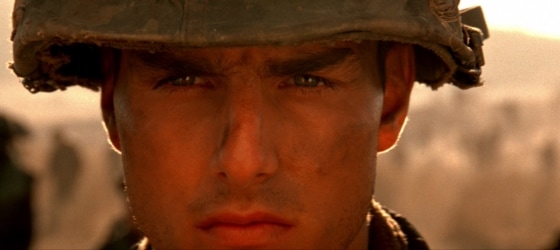
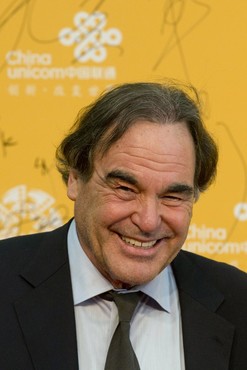
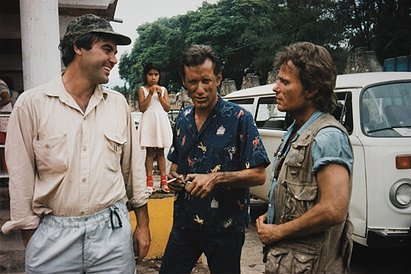
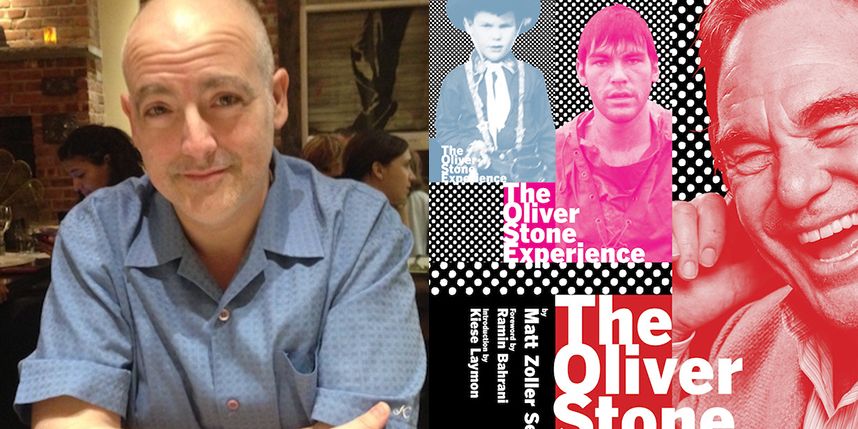
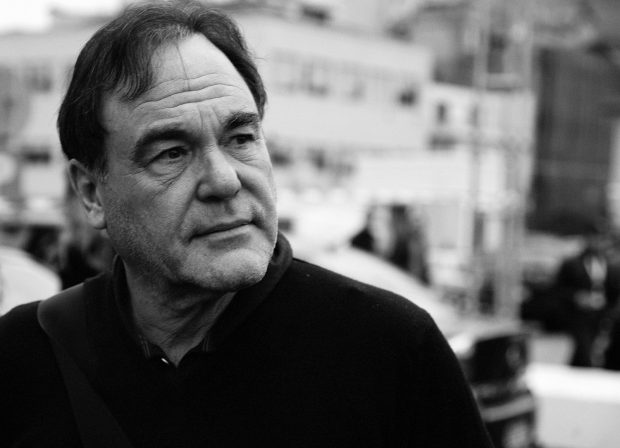
 RSS Feed
RSS Feed